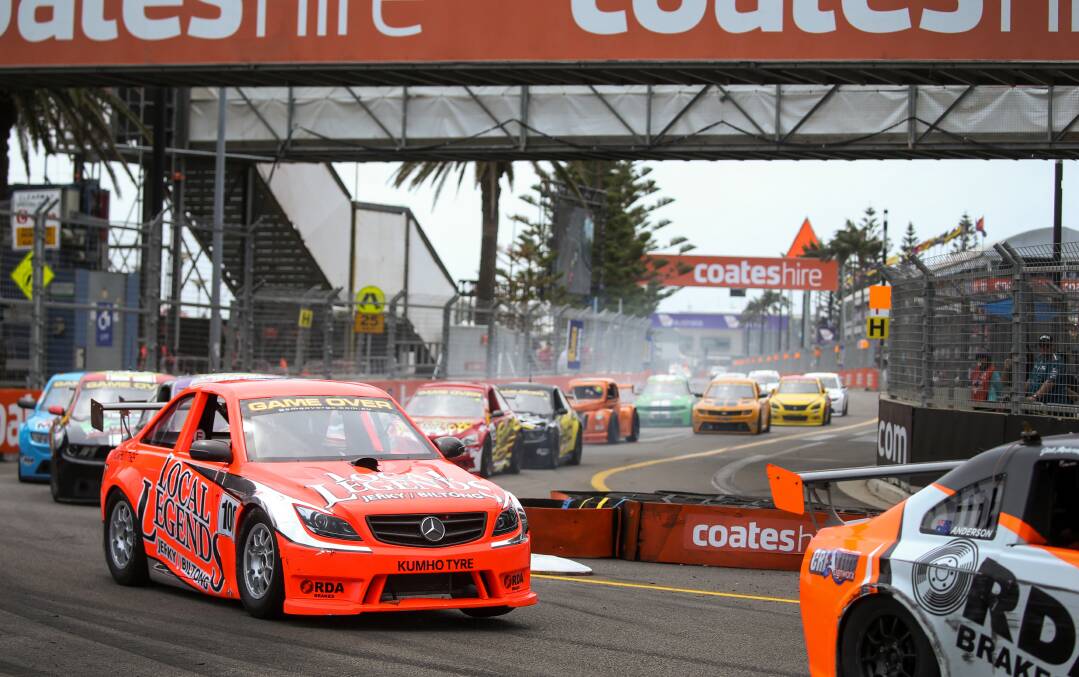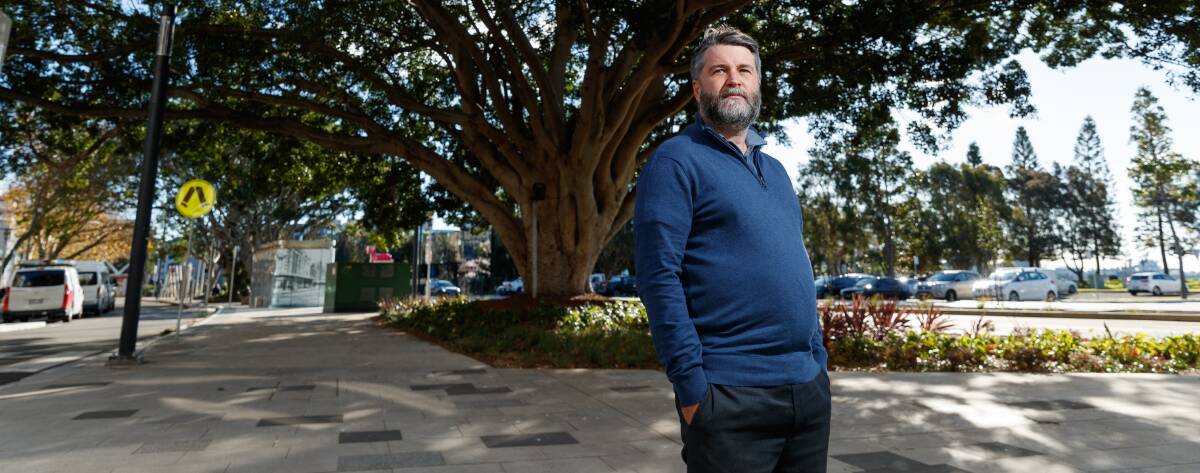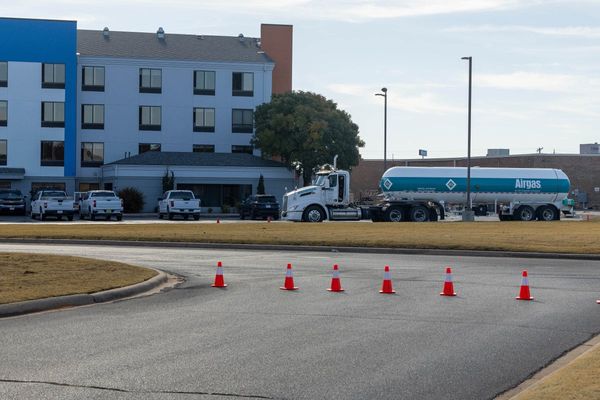
City of Newcastle has claimed air pollutant levels in Newcastle East during Supercars were lower than other parts of the city, despite the relevant monitoring station being several kilometres away in Newcastle West.
The claim was made in response to a notice of motion asking the council to assess the environmental impact of the Newcastle 500, with focus on climate and air pollution impacts.
Greens councillor John Mackenzie lodged the motion and slammed the council's response as "woefully inadequate" and "greenwashing".
Labor councillors voted to amend the notice of motion to the officer's report, which was ultimately adopted.
Cr Mackenzie said he wanted the assessment "to inform the decision-making process for a potential five-year extension".
"Clearly without any shadow of a doubt motor racing has an intense carbon emission footprint," he said.
"The pollution and carbon emissions associated with this event are clearly entirely inconsistent with the commitments this organisation has made on multiple occasions regarding our commitment to climate action."
A report from City of Newcastle's executive director creative community said "there is an air quality monitoring station at Newcastle East" and air quality data showed "generally lower particulate/pollutant levels in Newcastle East than other monitoring stations in the LGA" during the Newcastle 500.
But the nearest EPA monitoring station to the track is at the Fearnley Dawes Athletic Centre in Newcastle West - several kilometres from Newcastle East.

Asked why the report said there is an air quality station at Newcastle East, City of Newcastle repeated the same line from the report but said "Newcastle" instead of "Newcastle East".
Cr Mackenzie called the report "one of the worst that I've read during my time in this council".
"I take issue and umbrage to the extent to which this has deflected, denied and attempted to minimise this issue," he said.
"It beggars the mind the extent to which the greenwash is in operation here."
Cr Mackenzie took further exception with "an extraordinary attempt to establish equivalence between this event and the Elton John concert and the Van Gogh Alive".
The report claimed "the vast majority of emissions" from major events can be attributed to the travel choices of attendees and said a large majority of Van Gogh Alive and Elton John attendees travelled by private motor vehicle, while Supercars attendees "were far more likely to make use of public transport for their journey into the city".
"The hypocrisy here is present as well, in terms of whenever we're talking about the economic impact of Supercars we always hear about how people come from far and wide to attend the event - international and interstate attendees," Cr Mackenzie said.
"But when we look at the climate impacts we're told in this report that most of the people who came to Supercars came via public transport.
"Which way is it?
"Either they are coming from overseas and interstate or they're coming from Newcastle East and Newcastle West on the light rail."
Cr Mackenzie said the "most egregious" claim was that "it is not feasible to undertake a retrospective assessment of the previous Newcastle 500s".
The report said "the timeframe for completion of the research would not occur in time to be included in a report to council", which could be as soon as July.
A City of Newcastle spokesperson said the request would require a detailed understanding of each vehicle involved with every aspect of the event and "this retrospective assessment would be an incredibly costly, unbudgeted exercise for CN ratepayers".
"It is not correct to say that it can't be done," Cr Mackenzie said. "In fact, probably within about two kilometres of here there's about a dozen consultants that can do it right now.
"It's an outrage to suggest that we shouldn't be doing it."
Cr Mackenzie said the climate impacts should be considered in conjunction with community consultation.
"People with clipboards walking around inside the racetrack asking people if they are having a good day isn't going to give us the information to properly assess this event on its merits, including its pollution and climate impacts," he said.
"With the decision whether or not to extend the contract looming, it is absolutely fundamental that councillors have access to all of the relevant information to make an informed decision.
"For a council that consistently talks up its commitment to climate action, this is a very regressive decision that leaves us open to accusations of hypocrisy.
"Even more disturbingly, the report from council staff is a telling confession that despite having 1300 full time employees, we don't have a single person capable of assessing the carbon emissions of council at an event, program or project level."
The council report said racing fuel used in 2017, 2018, and 2019 was an E85 fuel blend, which contains less Benzene "than regular 91 unleaded fuel purchased at most service stations".
The 2023 race debuted a lower E75 carbon fuel for all racing vehicles, the report said, which contains more than 80 percent second generation fuel components.
WHAT DO YOU THINK? Join the discussion in the comment section below.
Find out how to register or become a subscriber here.







